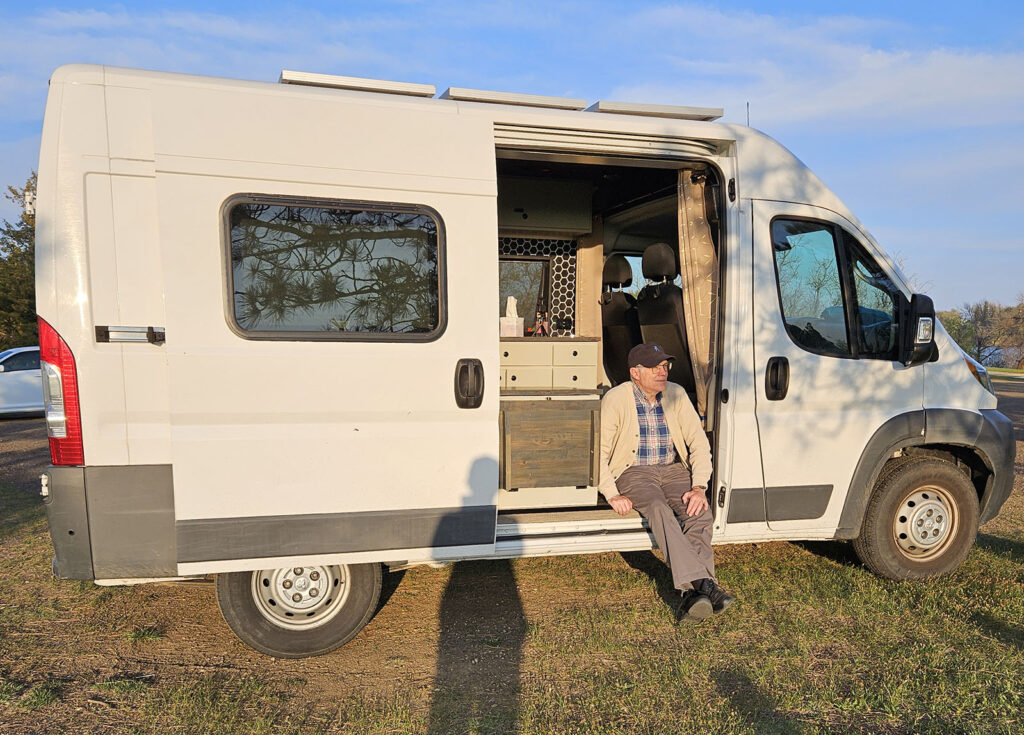Honestly looking for truth is nothing at all like honestly wanting to be right. Wanting to be right encourages people to shout loudly and try to undermine the credibility of others. It discourages reconsidering your thinking because that might mean that you were wrong. In contrast, looking for truth involves lots of watching and listening. And changing your mind.
A few years back I encountered a survey in the news that addressed a question for which there could be no supporting evidence, yet lots of people had opinions on it! Sadly, although I tucked this into my mind at the time as a watershed learning event for me, I failed to document the survey and so I’ve lost track of its details, but it was a subject for which it seemed clear to me that, not only were no data available, but there could be no data that bore on it. Yet 80% of respondents had firm opinions, about half one way and half another. Only twenty percent had no view. Twenty percent. That is the percentage of people, I realized, that were actually thinking about the question and not just choosing an answer that fit their political or cultural inclinations. Shortly after I read this survey, a bunch of studies came out (during COVID times) about how evidence does not sway people one way or another because they are too deeply entrenched in the views of their people groups (“tribes” they were called). Only changing their people group could change them, and so arguing from evidence is pointless. The message was, forget reasoning and evidence, you should be out there on social media trying to change the world through a tidal wave of cultural influence.
Aaaarghhhhh!
Argument and reason is the only superpower that I have! It’s what I devoted my career to doing and where my natural inclinations lie. And now you’re telling me that it is useless because evidence and reason have no power to persuade? What about science—isn’t it all about evidence and reasoning? And what about science fiction, which can support that link to evidence and reasoning as I argue in a previous blog: Assigning Blame for Public Science Skepticism.
Ok, maybe it’s true that the 80% are not swayed by evidence and reason. But what about that twenty percent who are actually thinking and looking for what is true? How can I talk to them?
More importantly, how can I become part of that group? Or maybe to state it better, how can I be part of that group a larger percentage of the time? Is that group out there pushing their views on social media? Or are they spending most of their time in silence so they can actually listen and think?
Hmmm. Perhaps I need to cut this blog short and go think about it for a while.
